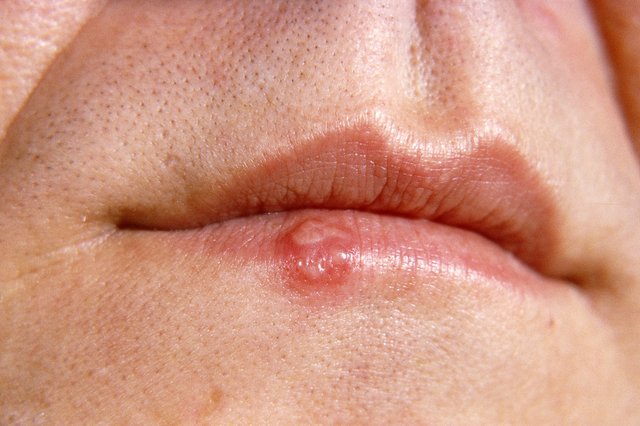The Edible Plant That Might Kill You May Cure Herpes
Plenty of people in the American South consume poke sallet, a plant known for its medicinal properties: Research suggests that it has shown action against both herpes and HIV. Of course, there's the minor issue that it can also kill you.
During a particularly hot Tennessee summer, I found my childhood self covered in itchy white bumps. My father did what a lot of folks in South Knoxville did back then and took me over to Mugford's, the pharmacy/general store where we bought everything from BC Powder to Nehi grape sodas, and had the proprietor give me the once over. "Mug" proclaimed that I had poke poisoning—an allergic reaction to the leaves of the poke sallet plants that grew wild around our house—and gave me a mustard-colored ointment. How he knew by looking, I'll never know, but my family didn't question his wisdom.
Several summers later, my youngest sister was rushed to the emergency room (we'd become more sophisticated by then) after eating gobs of poke berries. The plant's brightly-colored purple berries are mighty attractive to children (Dolly Parton's autobiography talks about using the juice to paint "Jesus sandals" on her feet), but are also highly toxic if eaten. The doctors on duty must have been city folk, because they had no idea about the poke plant or its antidotes, and while they were dicking around about whether or not to induce vomiting, my sister threw up anyway. (The local remedy, which I'm now acquainted with via the Foxfire books, is to drink vinegar and eat a pound of lard.)
Poke is plentiful, and it's free—though my father made a few nickels as a boy by picking and selling poke sallet leaves to his neighboring aunts. The plant grows best in disturbed soil, so he'd head to places where hogs had been kept. Plenty of people consumed poke—and still do—because of its medicinal properties, and not just because it's a bargain. Southern folklore claims poke sallet as a cure for everything from
Acne to breast inflammations. And if that sounds like a lot of hoodoo, consider that the American Cancer Society cites research showing that pokeweed has shown action against both herpes and HIV. Of course, they also take pains to mention the pesky fact that it can also kill you.
You'd think events like these would make my relatives—and just about anyone—stay far away from poke. But, as did a lot of people with their roots in the Appalachian mountains, we ate it. Like fugu, the Japanese sea delicacy that's fatally poisonous if prepared incorrectly, poke sallet greens require little knowledge if you plan on adding them to the menu. To begin with, pick them young and green, before the leaves show any red, and boil them like mad to remove the toxins, discarding the water. The cautious will tell you to boil the greens three times or poke sallet will kill you. Some say it might kill you anyway. All I can admit is that my mamaw often cooked, ate, and served a mess (the accepted unit of measurement for any type of greens in the South) of poke sallet that was only once-boiled, and she lived a long life until she was too worn out to do otherwise.
The culture of poke sallet is as alive and well as the people who prepare and eat it correctly. The South boasts no fewer than four festivals devoted to the plant, and the foraging movement is increasing awareness about edible wild-growing greens. Of course, the true locavores were women like my Mamaw, who filled the skirts of their dresses with foraged goods to feed a family, not follow a trend.
If you're brave and hungry, you can dig up Nathalie Dupree's recipe for poke sallet and scrambled eggs. You probably won't need it, but if it makes you feel safer, have a pound of lard on hand in case of poisoning. (Mug died a few years back, so he can't help you.) If you're still wary, keep in mind that it's the only (potential) cancer and herpes cure that you can knock back with some bacon grease. As they say in Appalachia: American by birth, Southern by the grace of God, herpes-free thanks to poke sallet.
https://munchies.vice.com/en_us/article/jpa44b/the-edible-plant-that-might-kill-you-may-cure-herpes
